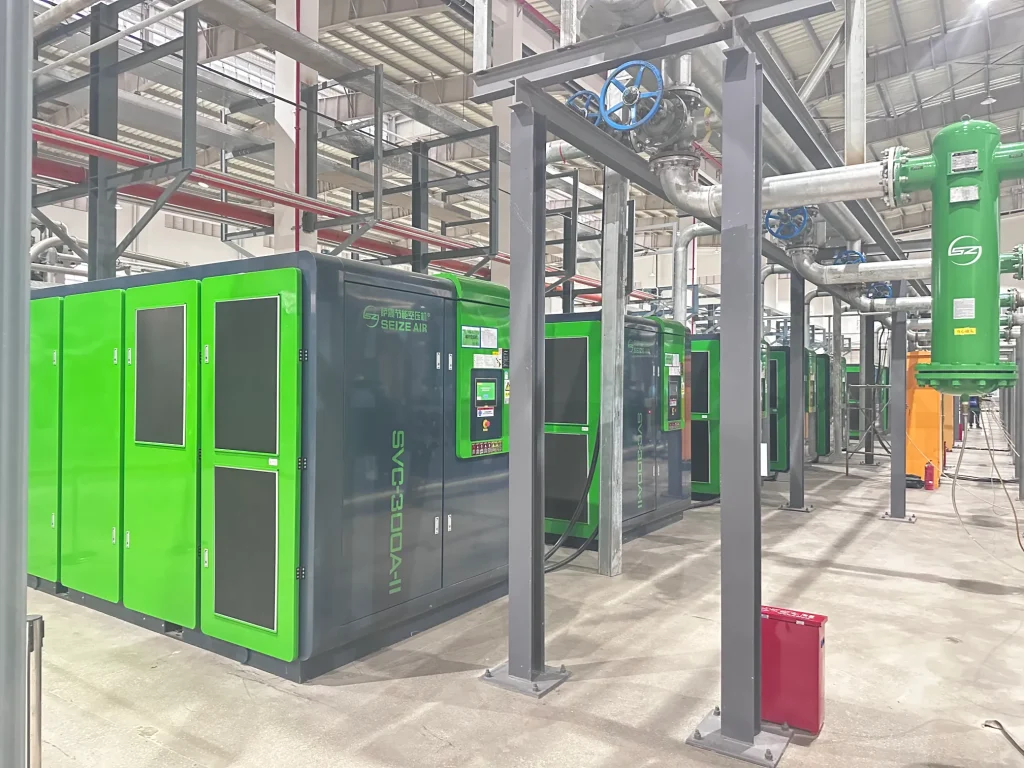Maintenance and Management of Air Compressors During Winter Cold Waves
Maintenance and Management of Air Compressors During Winter Cold Waves
Cold weather in winter can cause air compressors to malfunction, affecting their normal operation. To ensure that the compressor works smoothly in low temperatures, it is crucial to implement proper maintenance and management measures. Here are the key strategies for maintaining air compressors during winter:
1. Insulation and Cold Protection
Install windbreaks or enclosures: To reduce the impact of cold winds on the compressor.
Place compressors in warmer environments: Keep the equipment within the ideal operating temperature range (4.5°C – 35°C) to prevent freezing damage.
2. Keep the Equipment Dry
Install moisture barriers: Prevent moisture from entering the compressor to protect the equipment from water damage.
Prevent freezing of moisture: Ensure that the drainage system and pipes are not blocked by frozen water. Regularly check electronic condensate drains.
3. Use Appropriate Low-Temperature Oils
Choose low-viscosity oil: Ensure that the oil remains fluid in low temperatures, preventing thickening that could affect compressor performance.
Regularly check oil condition: Make sure that the oil is not thickened due to low temperatures.

4. Routine Maintenance and Inspections
Replace filters regularly: Ensure air quality is optimal and maintain compressor performance.
Check internal cleanliness of the compressor: Remove accumulated dust and oil to prevent clogging and corrosion.
Monitor gauges and pressure indicators: Regularly check pressure and temperature readings to detect any abnormalities.
Inspect pipes and seals: Ensure there are no leaks, and replace any damaged components promptly.
5. Operational Procedures and Staff Training
Train operators: Ensure that staff are knowledgeable about correct operational and maintenance procedures and can detect potential issues early.
Follow operational protocols: Perform checks before startup, and monitor data during operation. If any abnormalities arise, stop the machine immediately for inspection.
6. Emergency Preparedness
Keep spare parts on hand: Stock essential parts in advance to minimize downtime during equipment failure.
Establish emergency response plans: Ensure clear procedures are in place for addressing faults, with easy access to professional repair personnel when necessary.
By implementing measures such as insulation, moisture control, selecting appropriate oils, regular inspections, and operator training, you can effectively reduce the impact of cold weather on air compressors. This will help maintain stable performance and prolong the service life of the equipment during winter months.

 English
English
 Chine
Chine
 Russia
Russia
 France
France
 Spain
Spain
 Arab
Arab